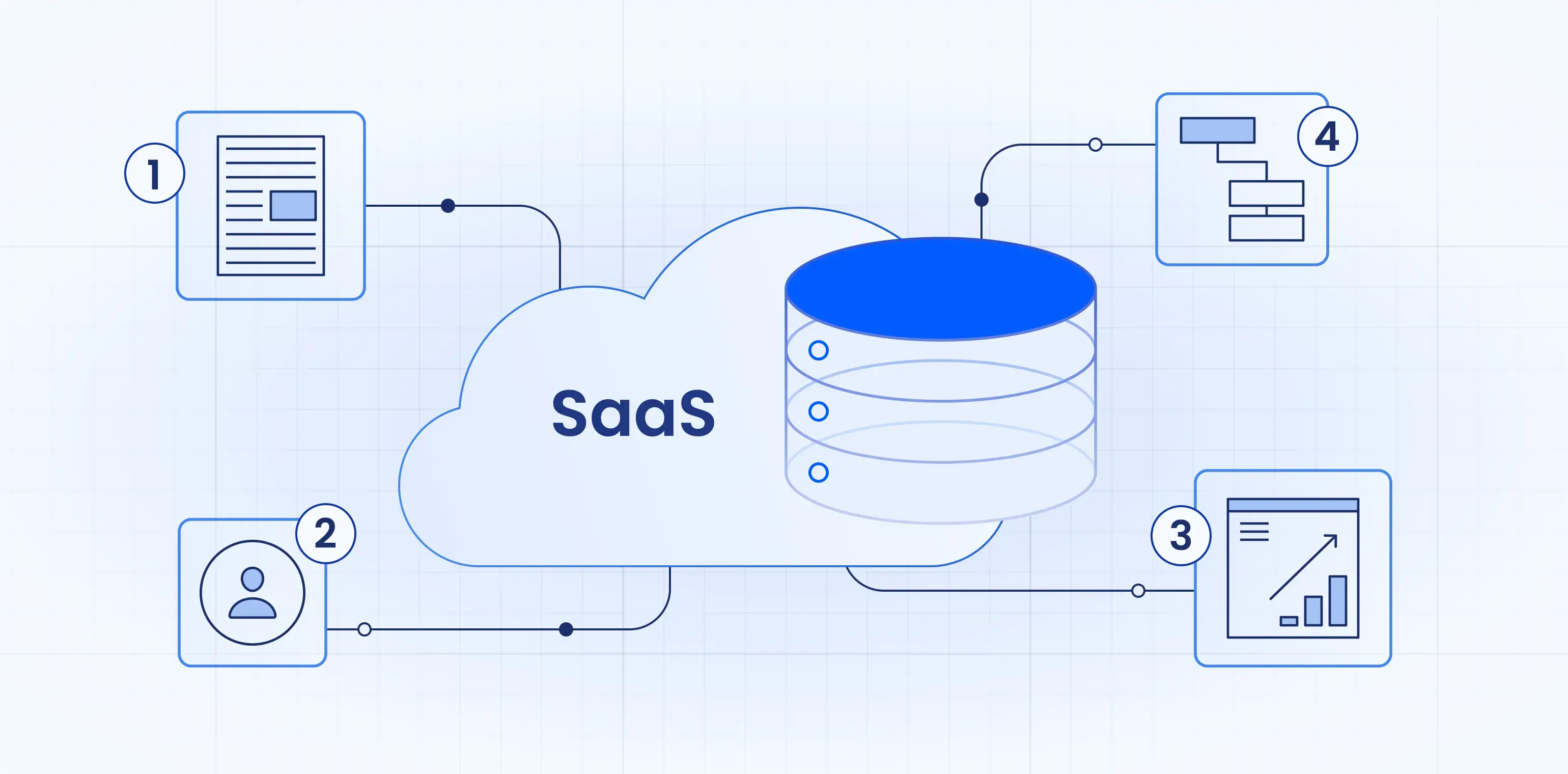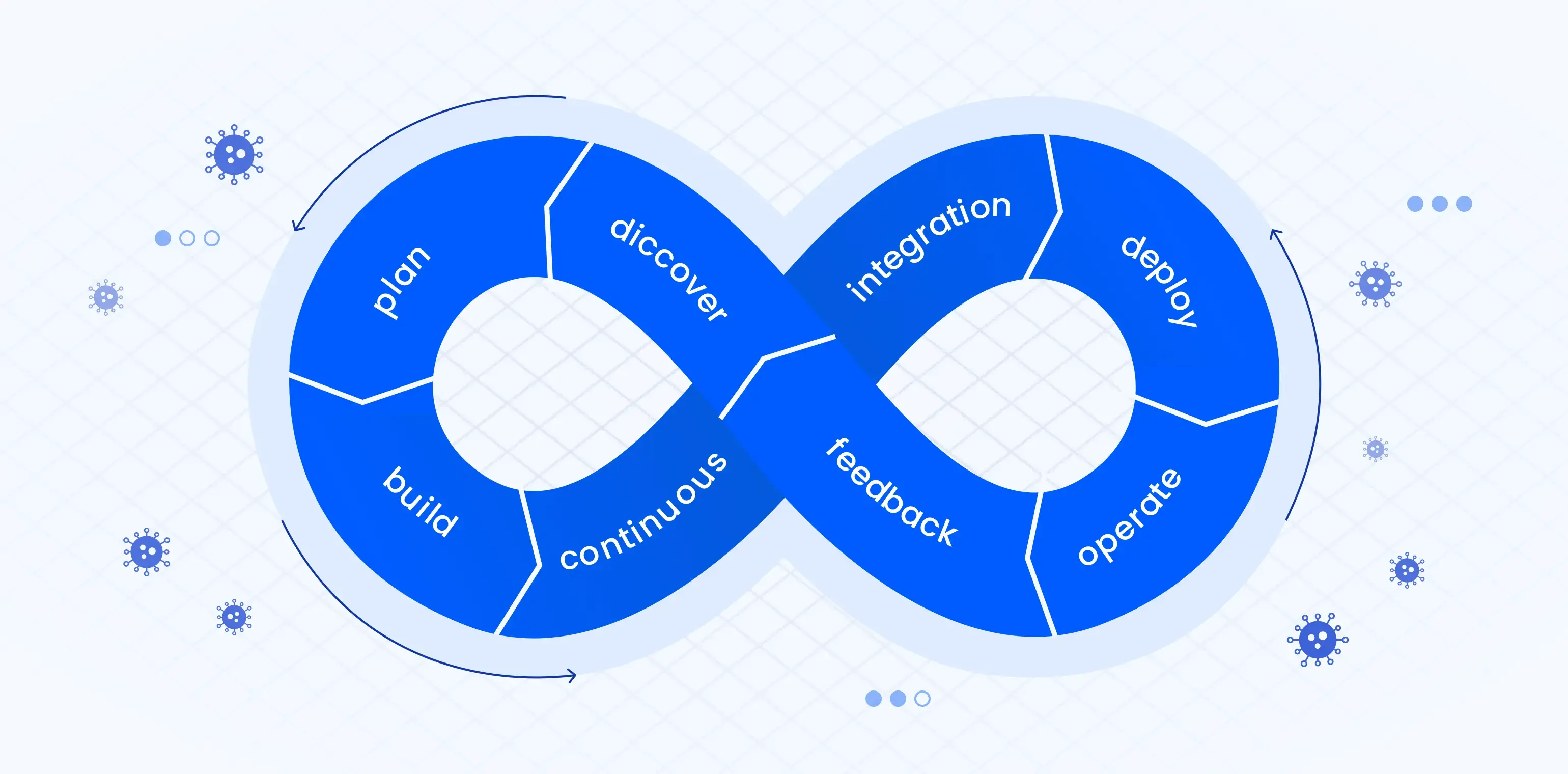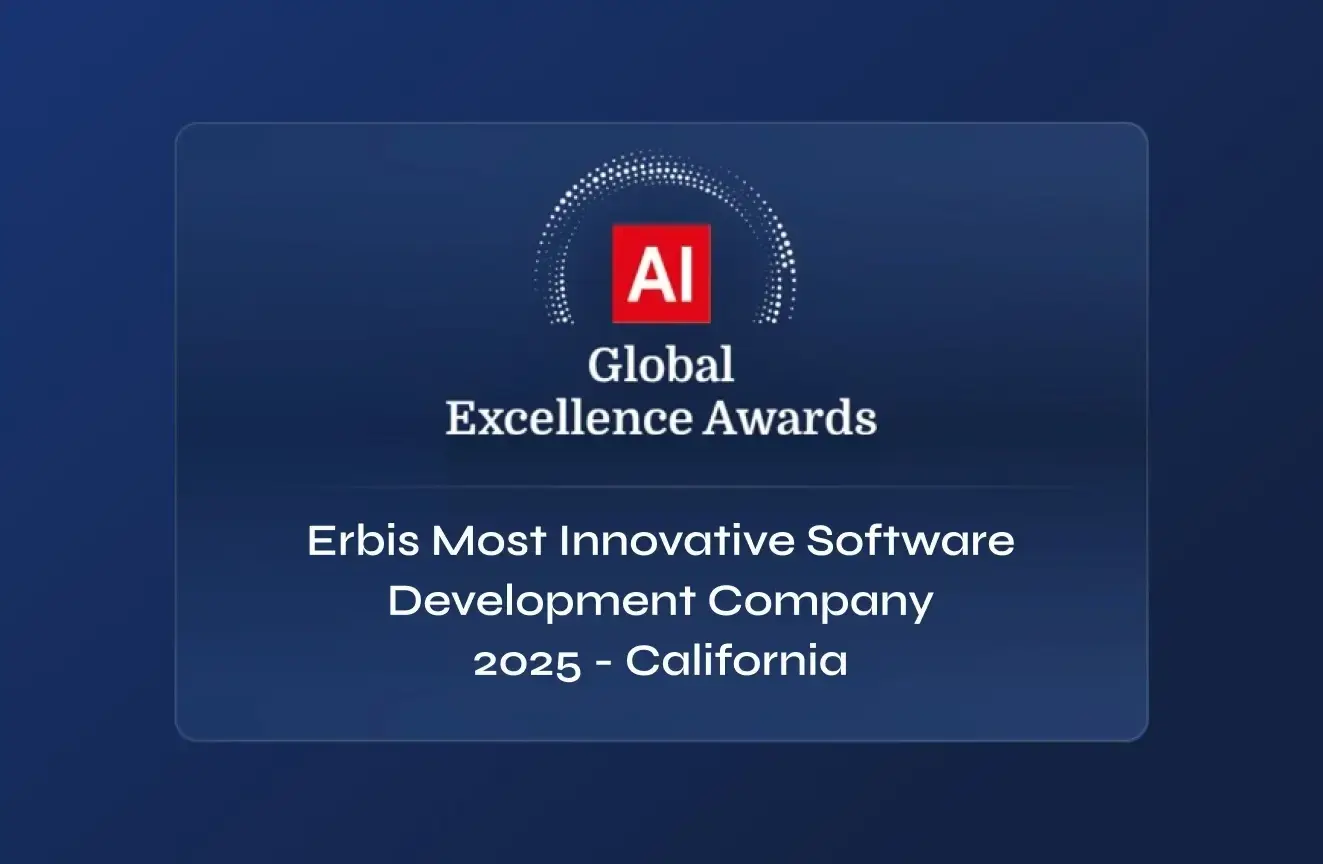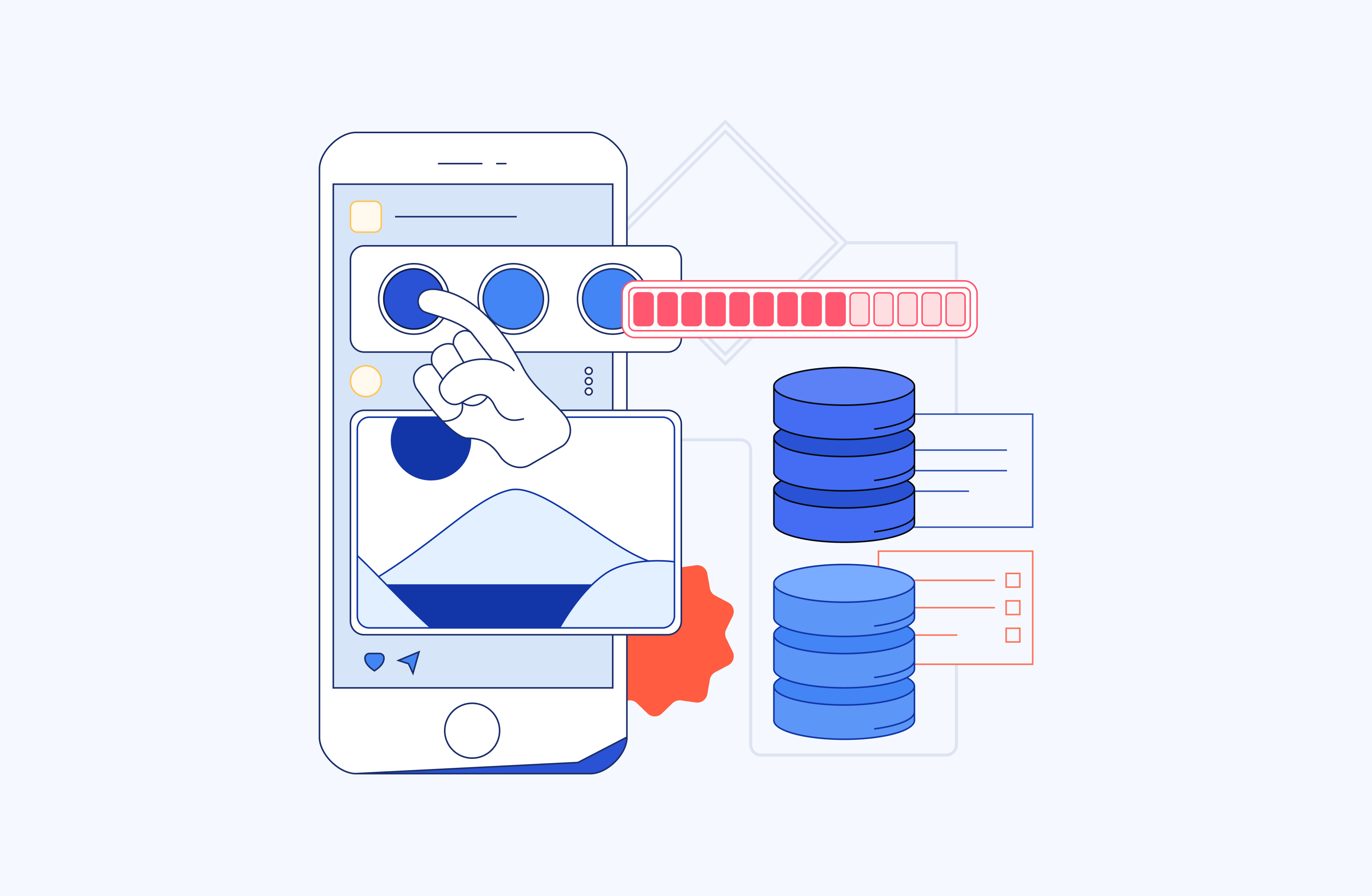How will Web 3.0 affect real estate and construction?
The arrival of Web 3.0 marks a new era of the Internet aided by blockchain technology. This allows for a totally new online experience enabling users to interact through avatars, create virtual objects and characters, buy digital property, and do many other things.
The potential of Web 3.0 and the metaverse is enormous. Today, these technologies are not just about gaming and entertainment. They have the power to revolutionize many industries, including sales, communication, art, data visualization, education, and more. Virtual real estate and construction are the most promising areas to be enhanced by Web 3.0 and the metaverse in the near future. This post will share insights into upcoming transformations
The future of “meta estate”
According to CNBC, real estate sales in the metaverse have reached $500 million in 2022, and this figure is expected to skyrocket in the coming years. Growing investments in virtual real estate indicate that alternate reality is becoming more relevant for modern entrepreneurs and ordinary people. Today's users are no longer satisfied with staying in the metaverse as guests. They want to spend time comfortably, have their own place to work and relax, and be confident about their future.
Given the above, the purchase of land, houses, and furniture in the metaverse is becoming as common as buying similar things in the real world. We have long been accustomed to the fact that users buy skins, avatars, characters, and weapons in games. Virtual property works in the same way. However, the difference is that users do not play a game, but live a real-life, only in a different world.
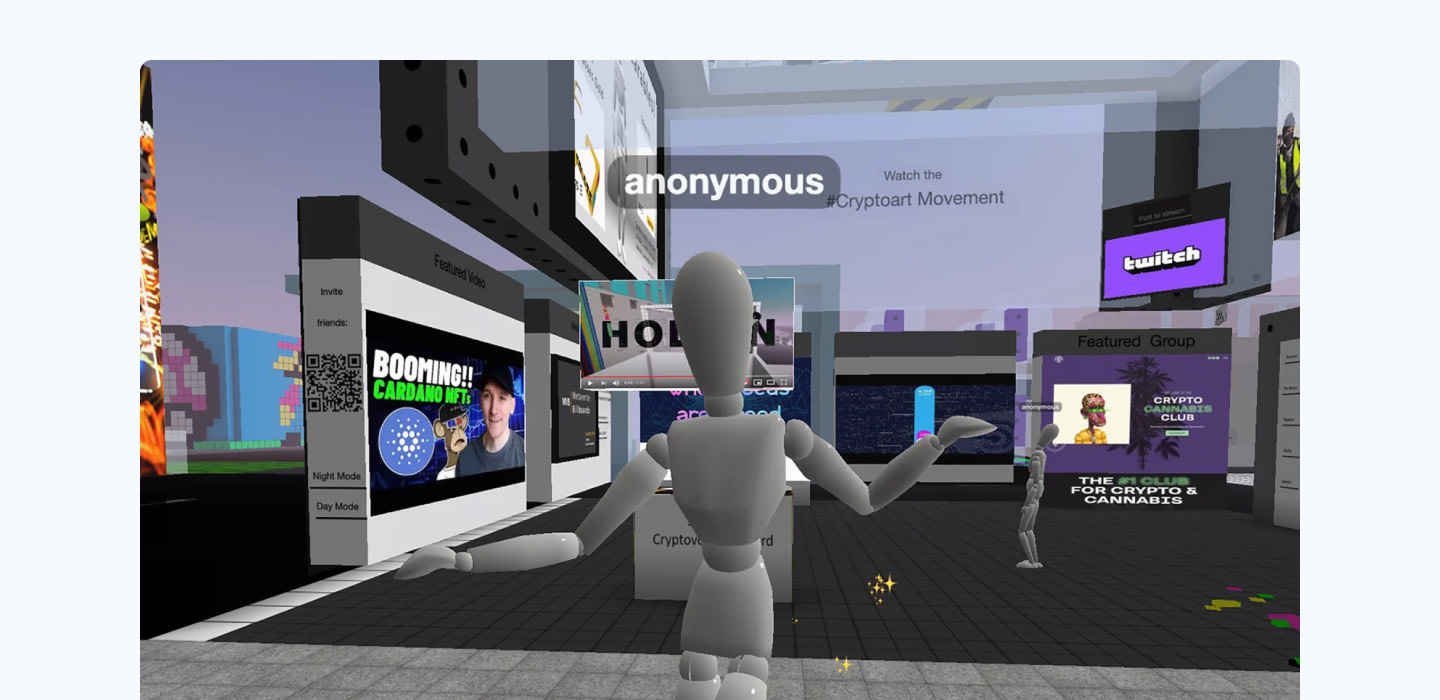
For those new to blockchain and Web 3.0, it may be unclear how real estate is sold in the metaverse and how the right of ownership is assigned to a specific person. To understand this, think of NFT marketplaces where you can buy and sell intellectual property, digital art, and other non-fungible tokens. Purchasing meta real estate works pretty much the same.
When you buy objects of virtual property you actually buy a unique piece of code in a blockchain. Ownership of this code in the real world translates into ownership of whatever item in the metaverse. To engage in the selling-buying process, you will need to create a crypto wallet and ensure that the meta real estate marketplace supports your cryptocurrency. After that, you can enter the platform with metaverse land or houses for sale, just like you enter a regular e-commerce marketplace, and choose the product as per your needs.
Digital twins and BIM
In the real world, when you want to buy a house, you ask many questions about your objective, including the construction process. It’s common to examine the construction documents, review the technologies in use, and ensure that the operation of the included features is understood and are as intended. Choosing a dream house may take weeks, months, or even years. However, web 3.0 and meta development can greatly speed up this process with an upgraded shopping experience and advanced tools for real estate agents.
The construction industry already benefits from digital technologies that visualize building objects with 3D models. The metaverse will enhance this experience even more. Digital twins and BIM (building information modeling) will allow customers not only to see how the building looks but also how it feels inside.
For example, imagine that you liked an apartment, but you doubt whether it will be warm in winter or cool in summer. The digital twin will help you with this by giving you an accurate sense of how you will feel inside at a certain temperature. It should be noted that the digital twin is not just a visual copy of the construction object, but a copy of the database, technologies, and the entire building experience. It focuses on interaction rather than visualization and aims to show all the ins and outs of a given house.
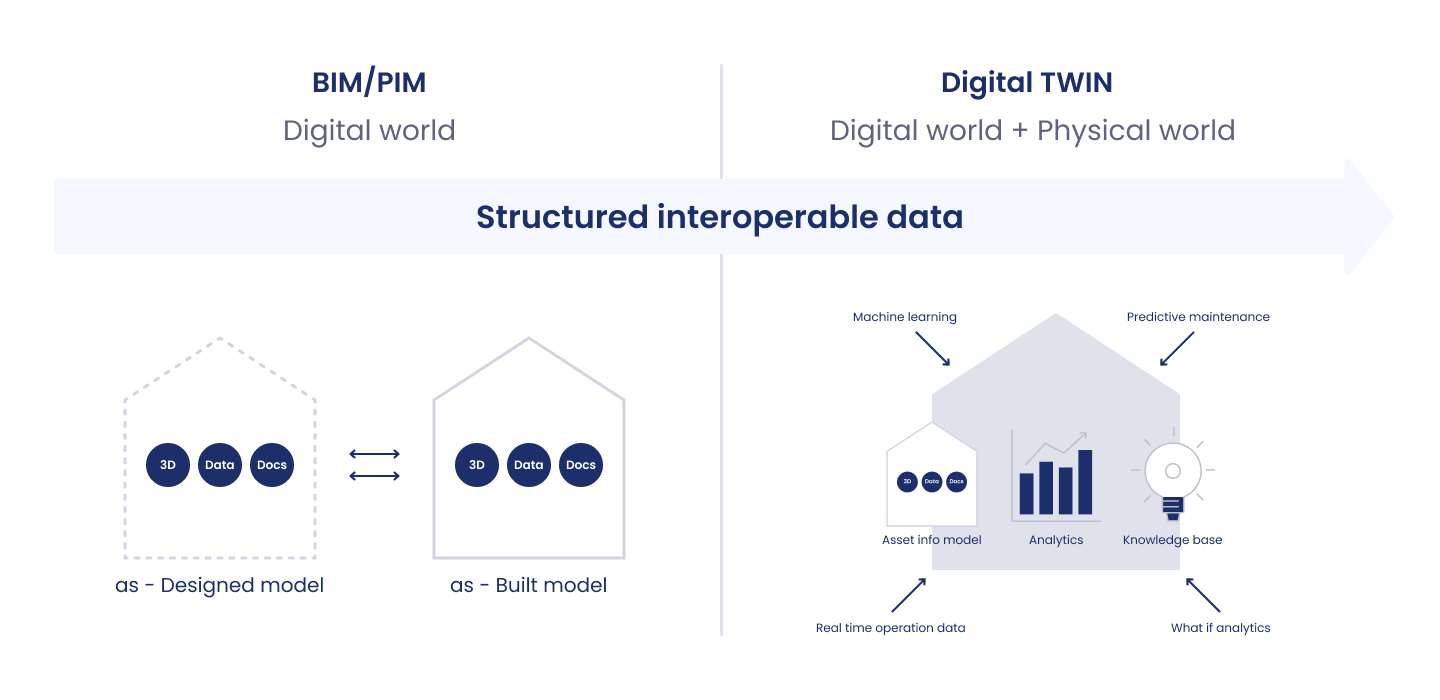
At the same time, the purpose of BIM software development is to help people with the design and aesthetic part of the object. BIM is close to the concept of traditional 3D modeling, however, it brings an improved experience by allowing users to see the real sizes of the building and step inside.
Web 3.0 real estate examples
A few examples of projects that are already using Web 3.0 and the metaverse include Decentraland, Ethereum, and BigchainDB. These projects are leveraging the power of blockchain technology to create a new paradigm for construction and real estate.
Decentraland is a virtual world that allows users to create, share, and sell digital assets. The world consists of 90,601 land plots. Users can buy these plots and pay for them in MANA cryptocurrency. Before confirming the purchase, users can check the neighboring areas, evaluate the distance to known locations, and decide whether a given metaverse land meets their needs. In addition, in Decentraland, you can not only buy but also rent land. Therefore, if you need to host one event, such as a conference or an exhibition, there is no need to buy metaverse property.
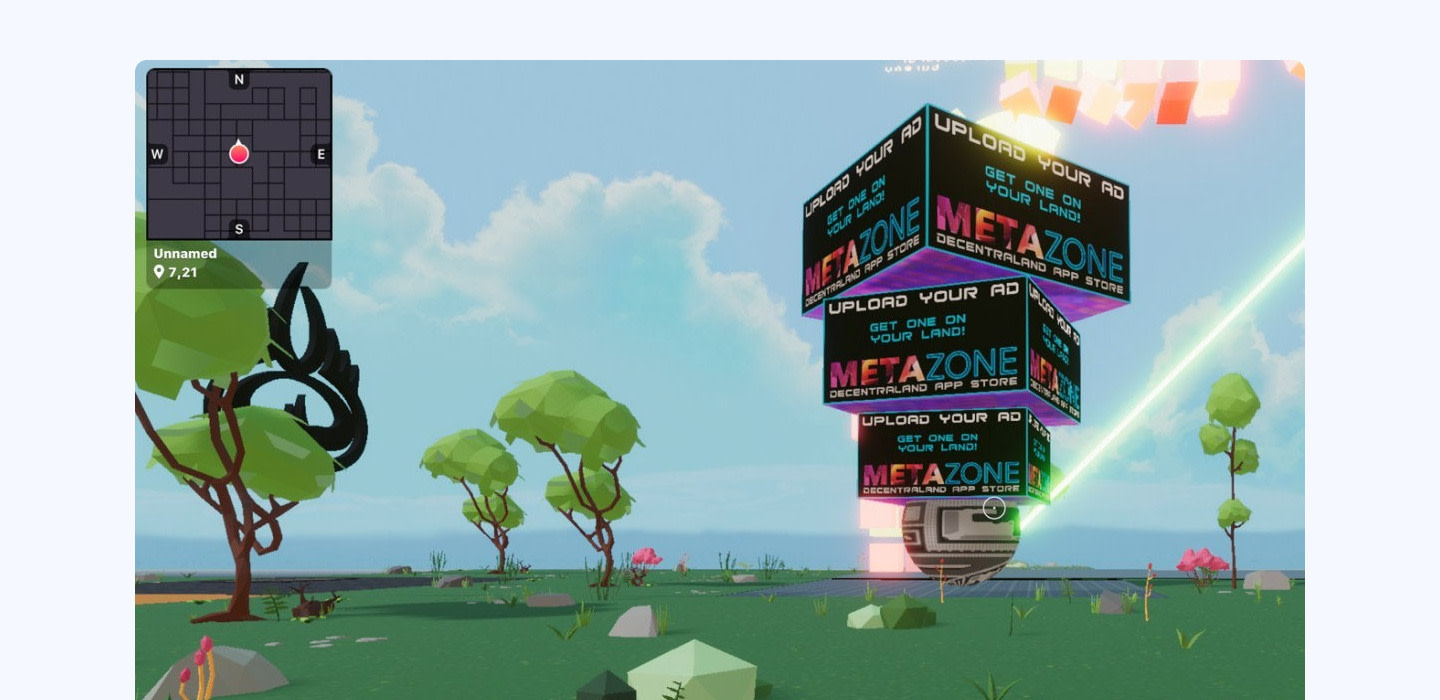
Ethereum is a decentralized platform that allows developers to build smart contracts and decentralized applications. The Ethereum machine processes millions of transactions that are combined into blocks. Each block is connected to the previous one, thus forming a chain of blocks, i.e. blockchain. Ethereum provides extensive technical capabilities to create smart contracts - programs that сontrol the execution of transactions using mathematical algorithms. For real estate development in the metaverse, smart contracts play a crucial role. They record the conditions of the buying-selling operation and ensure that all parties fulfill their obligations.
BigchainDB is a scalable database that allows users to store large amounts of data without having to worry about scalability issues. If you want to build an NFT real estate marketplace or a property management tool in the metaverse, it will take care of safe data recording, storing, and processing and remove the worry about proper product functioning as the project grows.
NFT real estate marketplace development: where to start?
Web 3.0 and the metaverse will revolutionize the real estate and construction industries and enable businesses to have more efficient property operations. Given the growing popularity of NFT marketplaces and their huge niche diversity, the rise of narrow-focused real estate platforms is a matter of time.
Shortly, construction companies, real estate agencies, and business enthusiasts will look toward NFT technologies and see great potential for business growth in them. However, the lack of blockchain expertise may become an obstacle to translating a win-win idea into a successful project.
If you want to launch an NFT real estate marketplace, the first step is to choose the right development team. Having experience in various blockchain projects, a good team will advise on technologies, features, and tools depending on your budget, goals, and expected deadlines.
At Erbis, we have long worked with blockchain, cryptocurrency, smart contracts, AI, and ML. If you need a reliable technology partner to launch your NFT project, don't hesitate to get in touch.






